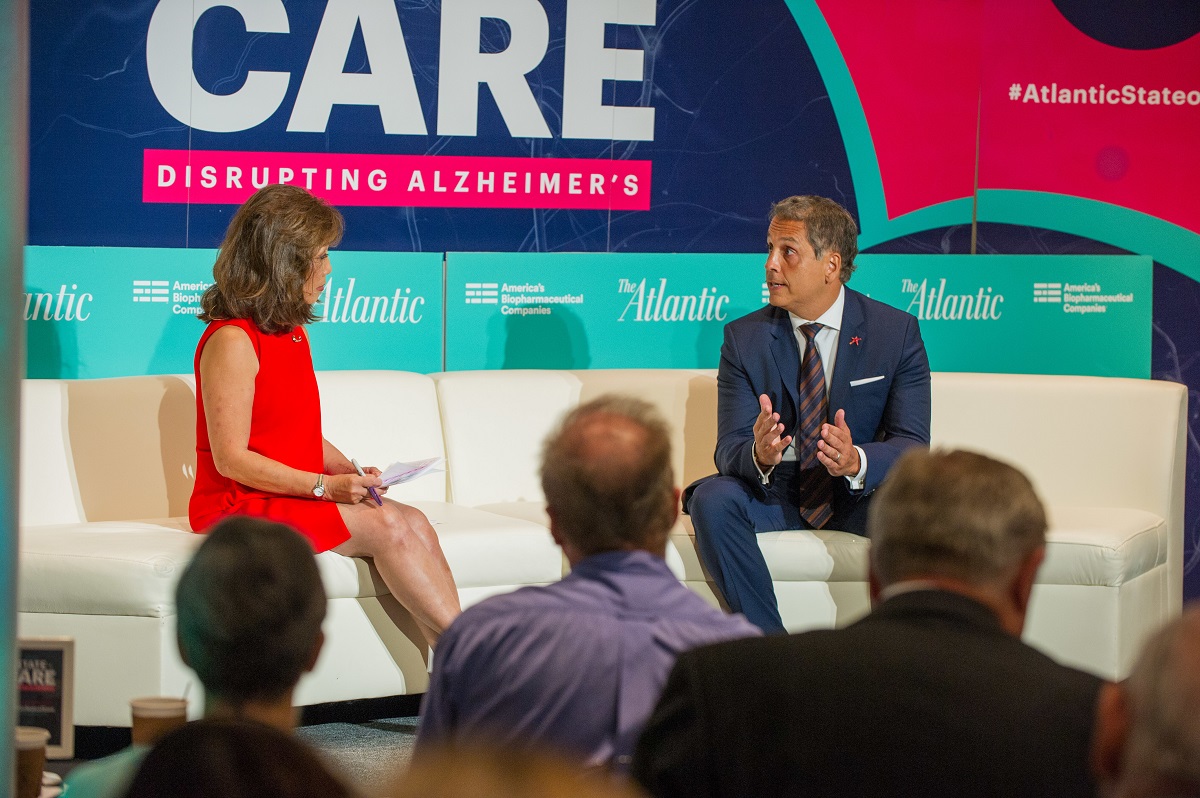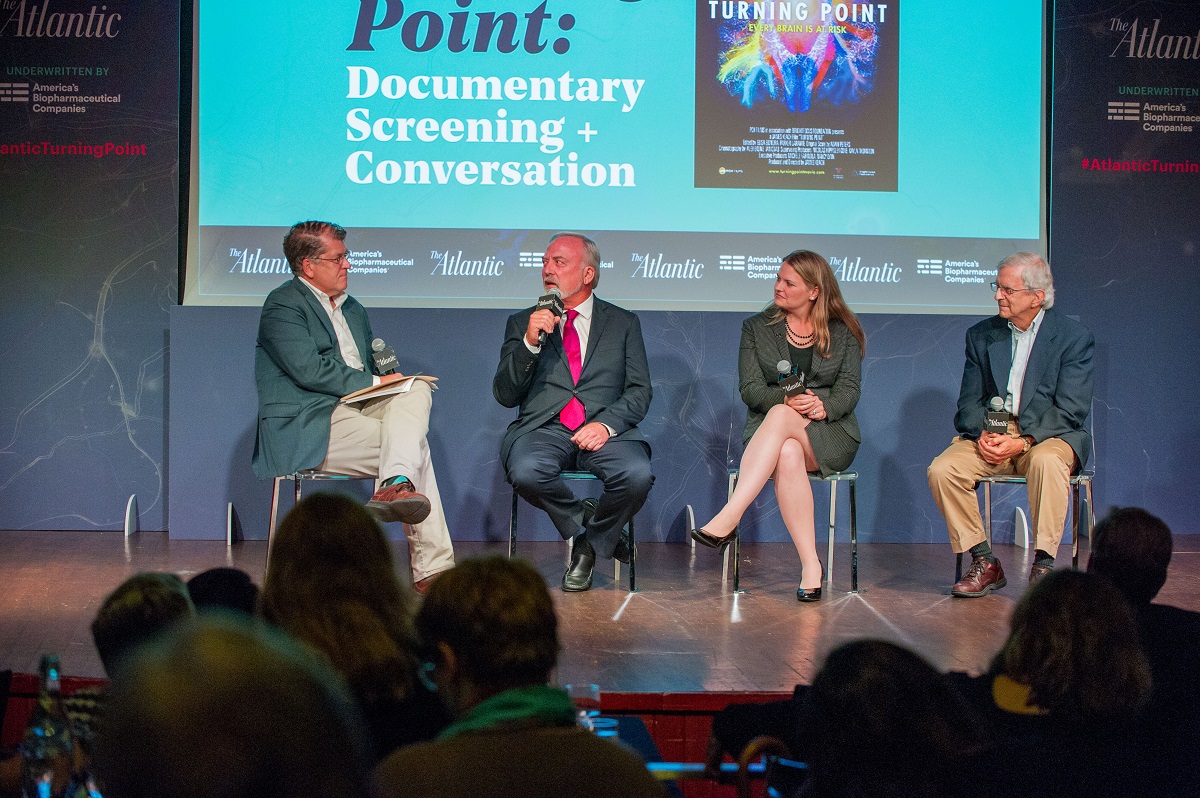We are living in a new era of medicine, where treatments once believed to be impossible are now a reality. But this immense progress does not apply universally, particularly in the field of Alzheimer’s disease. Between 1998 and 2017, there were 146 attempts to bring new Alzheimer’s treatments to market, but just four successful approvals. Of the top 10 causes of death, Alzheimer's is the only one that cannot be prevented, cured or even slowed, as current medicines merely treat symptoms and not the underlying cause.
On September 12, researchers, patient advocates and policymakers gathered in Chicago to discuss the unique challenges that make up Alzheimer's research and what the future holds for the 5.7 million Americans living with the disease. Panelists at the event, produced in partnership with The Atlantic, included Peter Anastasiou, executive vice president and head of Lundbeck North America; Samantha Budd Haeberlein, vice president of Alzheimer’s late-stage clinical development at Biogen; and Dr. Johan Luthman, vice president and head of clinical development at Eisai’s global neurology business group.


